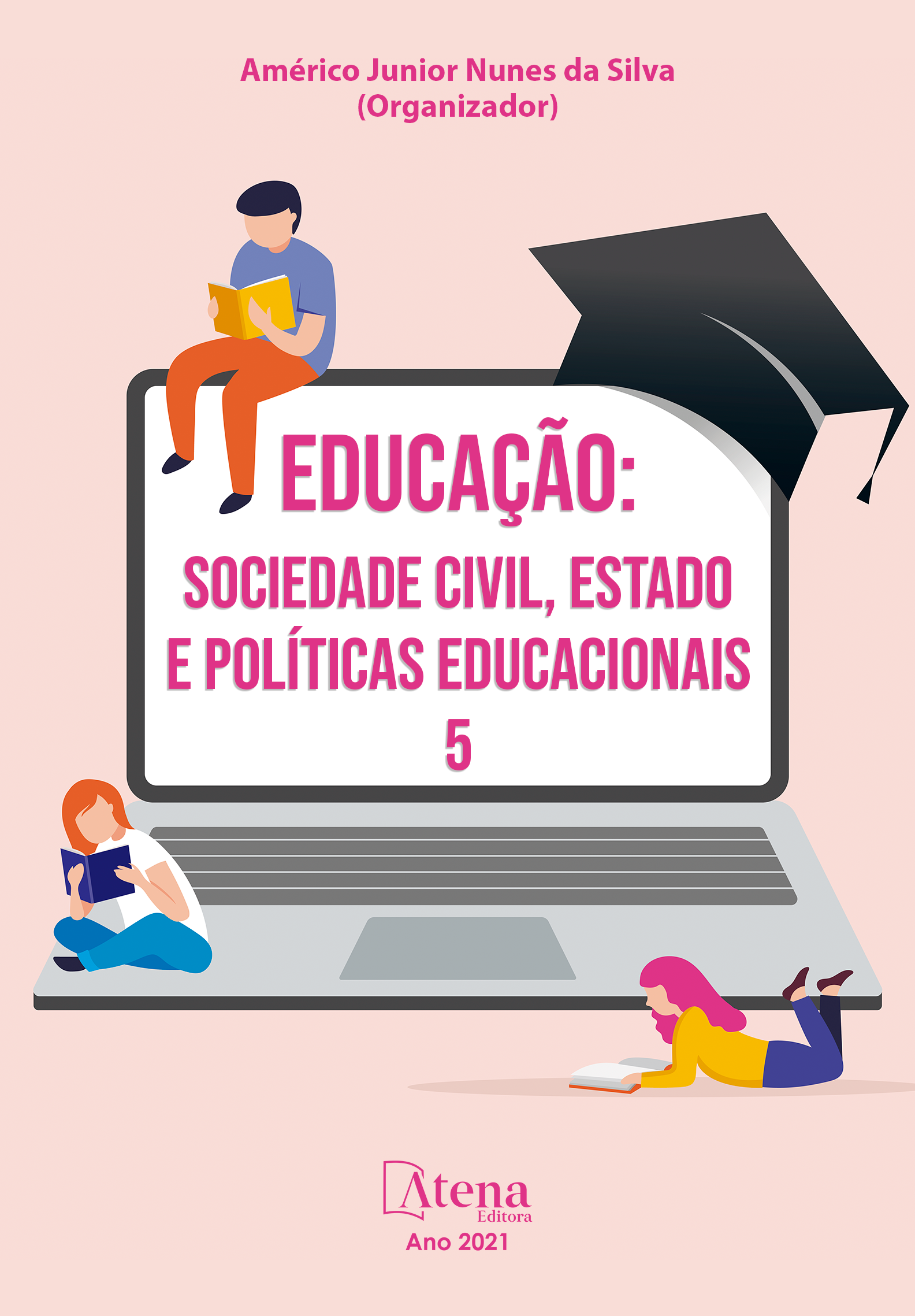
DESLOCAMENTO, EXPERIÊNCIA: MOVIMENTOS DE UMA ESCRITA EM ERRÂNCIA
Este texto expõe a procura de uma infância, da infância do pensar que se põe ou cai num lugar de (im)possibilidade de pensamento, de escrita, em busca da tematização de uma experiência. Mostra, também, a exposição diante da infância como tema de pesquisa-vida e como tematização de infâncias possíveis que apontam criações onde vemos impossibilidades. Busca relacionar esse movimento a múltiplas referências, tangenciando um diálogo com a literatura como alteridade e voz do outro, com a ideia de infância e estrangeiridade como condição de início radical, experiência, criação. Como objetivos, destacamos: caracterizar a errância e o deslocamento como signos do aprender, do habitar um espaço distinto do habitual; problematizar o lugar da escrita como devir e possibilidade do encontro com o outro e apontar a infância como devir e potência do pensamento, concluindo por problematizações da educação da criança e da infância na escola popular, apontando para outras criações possíveis, recomeços de outras linhas e escritas. Nesse lugar de perguntas pela infância, nos incluímos como participantes de um deslocamento espacial, temporal, intensivo. Como metodologia, fazemos uso da pesquisa bibliográfica, em diálogo com referências teóricas de Serres (1993), Kohan ((2003, 2007, 2016), Larrosa (2003), Deleuze (1992, 1997), Deleuze-Guattari (1997), Deleuze-Parnet (1998), entre outras. Numa primeira seção, discutimos a infância de uma escrita, como lugar estrangeiro e de errância da aprendizagem do próprio viver. Na segunda, relacionamos a escrita com o deslocamento e a alteridade. Por fim, na terceira parte sugerimos que a escrita e o deslocamento, tal como o aprender em errância, apontam para o conceito de infância como intensidade, rizoma, devir, recomeço e pergunta. Concluímos que as perguntas nos lançam a outras perguntas que nos levam a outras margens, recomeçando o processo de escrita e vida.
DESLOCAMENTO, EXPERIÊNCIA: MOVIMENTOS DE UMA ESCRITA EM ERRÂNCIA
-
DOI: 10.22533/at.ed.7582128017
-
Palavras-chave: Educação: Sociedade Civil, Estado e Políticas Educacionais
-
Keywords: displacement, writing, wandering, childhood
-
Abstract:
This text exposes the search for a childhood, the childhood of thinking that puts itself or falls into a place of (im) possibility of thought, of writing, in search of the thematization of an experience. It also shows the exposure to childhood as a research-life theme and as a theme for possible childhoods that point to creations where we see impossibilities. It seeks to relate this movement to multiple references, embodying a dialogue with literature as otherness and the voice of the other, with the idea of childhood and foreignness as a condition of radical beginning, experience, creation. As objectives, we highlight: to characterize wandering and displacement as signs of learning, of inhabiting a space different from the usual; problematize the place of writing as becoming and the possibility of meeting with the other and point out childhood as becoming and the power of thought, concluding by problematizing the education of children and childhood in popular schools, pointing to other possible creations, starting over from other lines and written. In this place of questions about childhood, we include ourselves as participants in an spatial, temporal, intensive displacement. As a methodology, we make use of bibliographic research, in dialogue with theoretical references by Serres (1993), Kohan ((2003, 2007, 2016), Larrosa (2003), Deleuze (1992, 1997), Deleuze-Guattari (1997), Deleuze -Parnet (1998), among others. In the first section, we discussed the childhood of writing, as a foreign place and an erroneous learning of living itself. In the second, we relate writing with displacement and otherness. We suggest that writing and displacement, as well as learning errantly, point to the concept of childhood as intensity, rhizome, becoming, starting over and asking. We conclude that the questions throw us to other questions that take us to other margins, starting over the writing and life process.
-
Número de páginas: 18
- Andréa Scopel Piol
- Mauro Brito Cunha
- Olímpio Muniz Gavi
- Jair Miranda de Paiva


